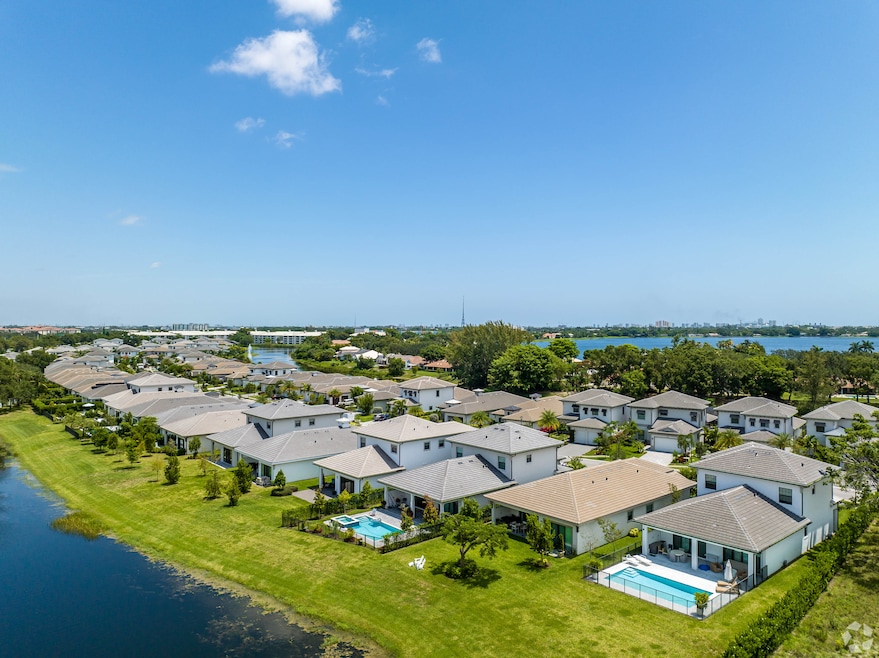International purchases of existing U.S. homes plummeted in the past year as buyers struggled with supply and record-breaking prices.
Only 54,300 pre-owned houses, condos and co-ops were sold to foreign buyers between April 2023 and March 2024, according to the National Association of Realtors’ latest data released Wednesday. That’s a 36% decrease compared to the previous year, and it’s the lowest number of foreign sales since data collection began in 2009.
At the same time, international buyers purchased just $42 billion of residential properties in the United States, a 21.2% annual decrease. That’s as the median existing-home sale price among those buyers climbed nearly 20% on an annual basis to $475,000, the highest level ever recorded by the industry group.
The weaker activity is just the latest ramification of the constrained market. In 2023, sales of existing houses reached their lowest level since 1995. That’s mostly because the supply of those properties was limited by homeowners staying in place to keep the low mortgage rates they got before and during the COVID-19 pandemic. Limited inventory is also one of the reasons house prices have reached all-time highs.
Some international buyers may have faced an added affordability challenge, as the U.S. dollar has strengthened, according to NAR Chief Economist Lawrence Yun.
“The strong U.S. dollar makes international travel cheaper for Americans but makes U.S. homes much more expensive for foreigners,” he said in a statement. “Therefore, it’s not surprising to see a pullback in U.S. home sales from foreign buyers.”
More Challenges
International buyers are also facing added challenges from the U.S. government when it comes to investing in real estate.
Lawmakers are considering, and in some cases have enacted, legislation limiting foreign buyers from purchasing land and real estate. Just last week, the Treasury Department proposed a new rule giving federal officials jurisdiction to monitor real estate transactions near 59 more military facilities. That rule is expected to become final next month after a 30-day public comment period.
It’s the latest in a string of actions taken by U.S. lawmakers to control who can invest in property — and where they can do so.
In May, for example, President Joe Biden ordered a group of Chinese nationals to divest from a cryptocurrency mine in Wyoming. And in 2023, Florida Gov. Ron DeSantis signed legislation prohibiting foreign nationals from China, Cuba, Iran, North Korea, Russia, Syria and Venezuela from owning agricultural land or real estate in Florida near military installations or critical infrastructure.
The majority of buyers who could overcome both affordability and legislative challenges to purchase property in the U.S., though, hailed from Canada, China, Mexico, India and Colombia, according to NAR. Those buyers sought the most properties in suburban areas of Florida, Texas, California, Arizona and Georgia.
Of those buyers, 50% bought their property in cash and 45% said they intended to use their purchase for vacation, to rent or both. That's compared to U.S. buyers, 28% of whom purchased a property with all-cash and 16% of whom had the same intended use during the same period.

